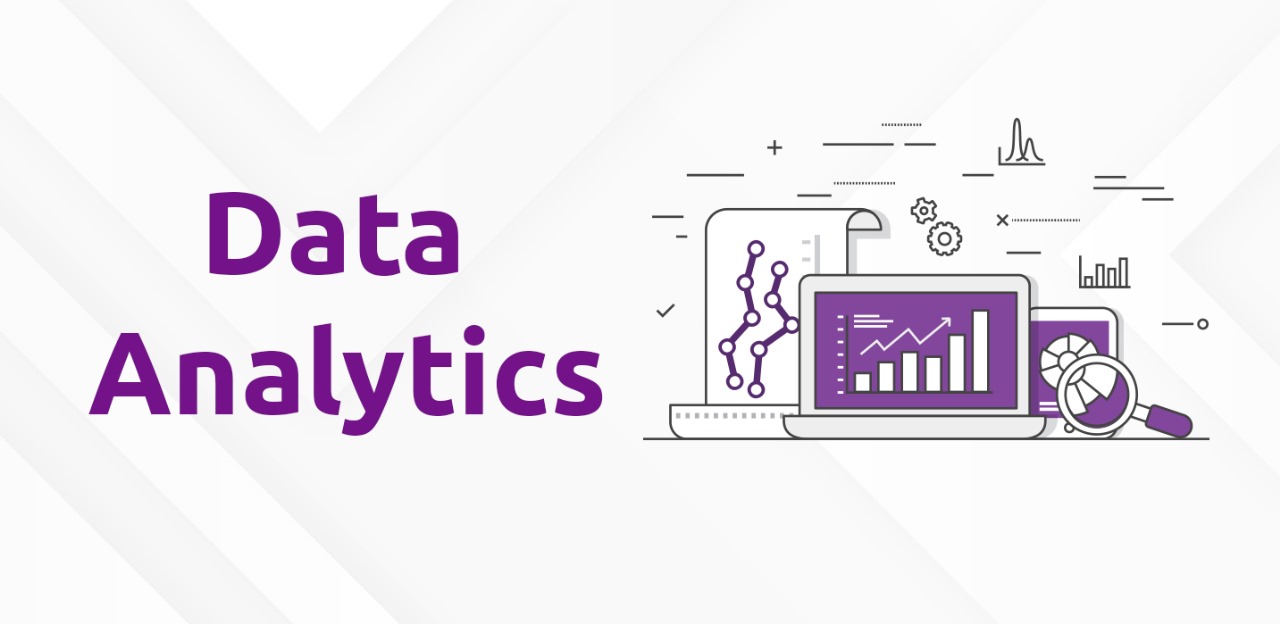Role of Data Analysts in Industry
The Critical Role of Data Analysts
In today’s data-driven world, Data Analysts play a critical role in helping businesses make informed decisions. Every organization generates vast amounts of data, but it’s the data analyst’s job to make sense of this information, uncover trends, and provide insights that guide strategy and decision-making. Whether you're in finance, healthcare, marketing, or any other field, data analytics is key to staying competitive.
If you're interested in learning how to become a data analyst, enrolling in a Data Analytics Course in Bangalore is an excellent first step. Let’s explore the role of data analysts and how they contribute to different industries.
What Do Data Analysts Do?
At the core, a data analyst gathers, processes, and analyzes data to extract actionable insights. But their role doesn't stop there. Data analysts work closely with various teams to help interpret data findings and translate them into strategies that can improve business outcomes.
A data analyst’s responsibilities typically include:
- Collecting data from various sources, such as databases, surveys, and systems.
- Cleaning and preparing data to ensure it's accurate and usable.
- Analyzing data using statistical methods and tools to identify patterns and trends.
- Presenting insights in the form of reports, dashboards, or visualizations, so non-technical teams can easily understand the data.
For more information on how data analytics works, visit our detailed post on What is Data Analytics.
Importance of Data Analysts in Different Industries
Data analysts are in high demand across various industries. Their ability to turn raw data into valuable insights can shape business strategies, streamline operations, and enhance customer satisfaction. Here’s a look at how data analysts make a difference in several key industries:
1. Finance
In finance, data analysts help organizations manage risks, detect fraud, and optimize investment strategies. By analyzing market trends and financial data, they enable companies to make sound financial decisions that maximize profitability while minimizing risk.
2. Healthcare
Data analysts in healthcare use data to improve patient care, manage resources, and predict disease outbreaks. By analyzing medical records and treatment outcomes, they provide valuable insights that can lead to more effective healthcare policies and personalized treatment plans.
3. Marketing
In marketing, data analysts track consumer behavior, measure campaign effectiveness, and help optimize marketing efforts. They analyze customer data, including buying habits and social media interactions, to help brands tailor their messages and target the right audience.
To learn more about the importance of data analytics in various sectors, you can explore our post on the Importance of Data Analytics.
4. E-commerce
In the e-commerce industry, data analysts focus on improving customer experience and driving sales. By analyzing user behavior on websites and apps, they help businesses optimize their platforms, recommend products, and personalize shopping experiences.
5. Retail
Retail businesses rely on data analysts to manage inventory, forecast sales, and identify customer preferences. They provide insights on consumer trends that help retailers decide which products to stock, how to price them, and when to offer promotions.
Skills and Tools Used by Data Analysts
Data analysts use a variety of tools and techniques to gather, analyze, and present data. The key skills include:
- Data Cleaning: Preparing and structuring raw data to make it useful.
- Statistical Analysis: Applying mathematical models to find trends and correlations.
- Data Visualization: Using tools like Tableau or Power BI to create visual reports that make data easy to understand.
- Programming: Proficiency in languages like Python or R helps analysts process data more efficiently.
- Communication: Data analysts must be able to explain their findings in a clear, concise way to non-technical teams.
For a comprehensive guide on the skills required for a career in data analytics, check out our detailed post on the Skills Required for Data Analysts.
The Growing Demand for Data Analysts
The role of data analysts is expanding rapidly as more companies realize the value of data in decision-making. From startups to large corporations, every business is looking for ways to harness data to stay ahead of the competition. According to industry reports, the demand for data analysts is expected to grow by 25% over the next few years.
In a tech hub like Bangalore, the demand for skilled data analysts is even higher. Businesses in the city, especially in sectors like IT, finance, and e-commerce, are actively seeking professionals who can analyze data and turn it into actionable insights.
Why Take a Data Analytics Course in Bangalore?
Bangalore is home to some of the best tech companies in India, making it an ideal place to start your journey as a data analyst. A Data Analytics Course in Bangalore will not only equip you with the skills you need but also give you access to networking opportunities, internships, and job placements. Plus, many courses offer real-world projects, allowing you to build a portfolio that will impress potential employers.
Conclusion
In every industry, data analysts are playing a crucial role in shaping the future. Their ability to interpret complex data and present it in a way that drives business decisions makes them invaluable. If you're looking to break into this exciting field, consider taking a Data Analytics Course in Bangalore to develop the skills and knowledge needed to succeed.
Be sure to explore our other posts to gain more insight:

